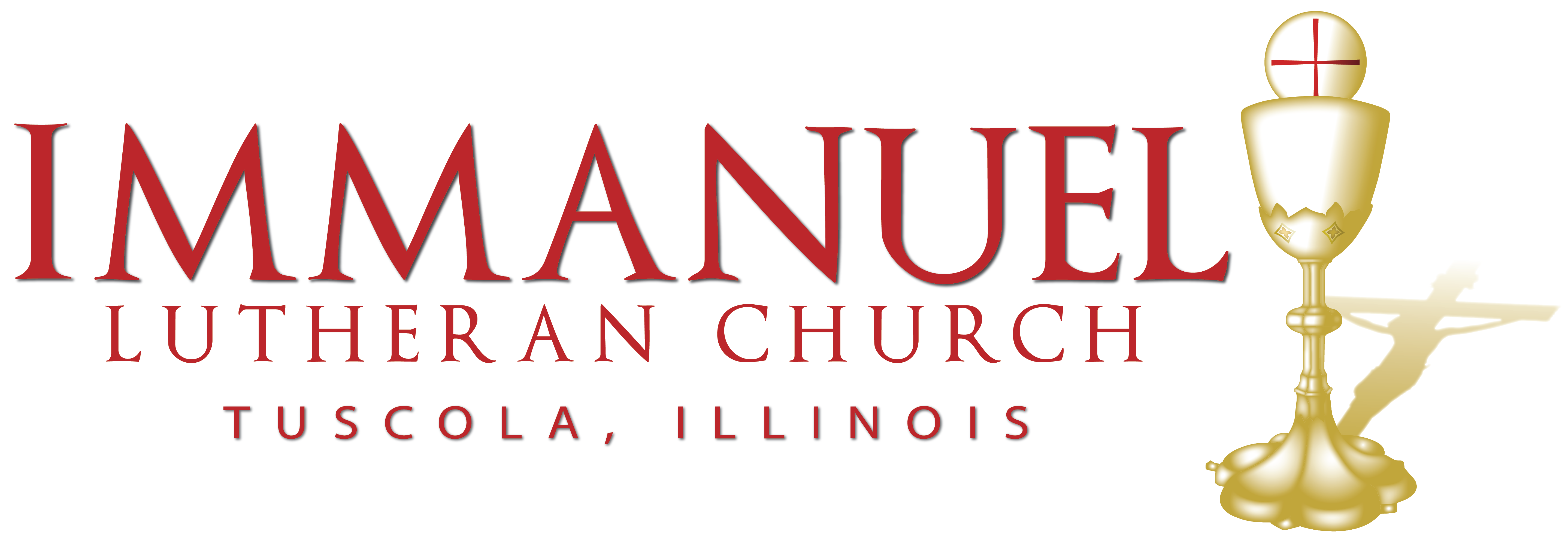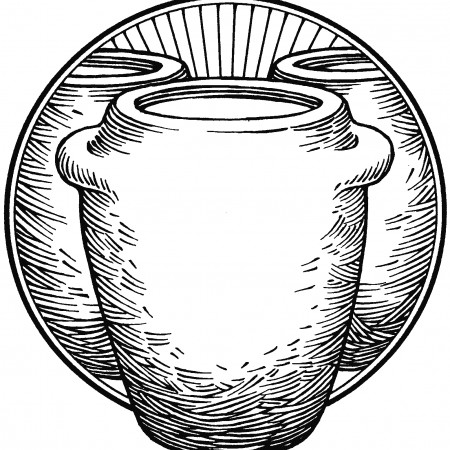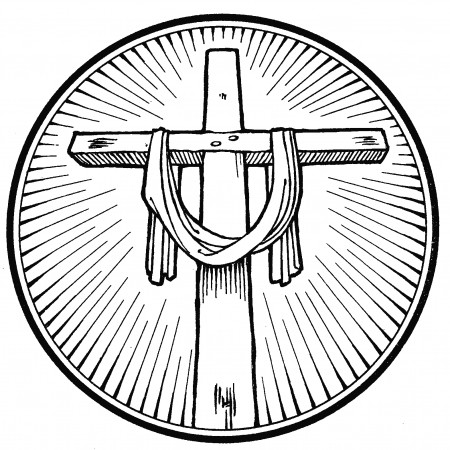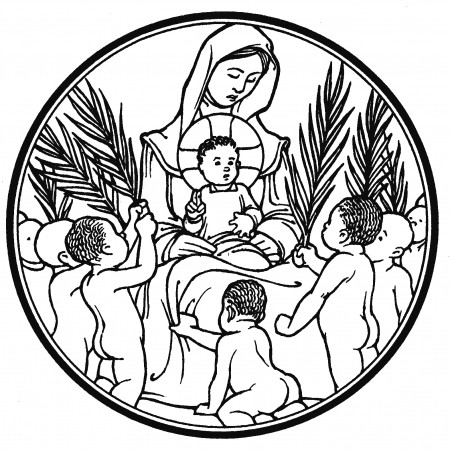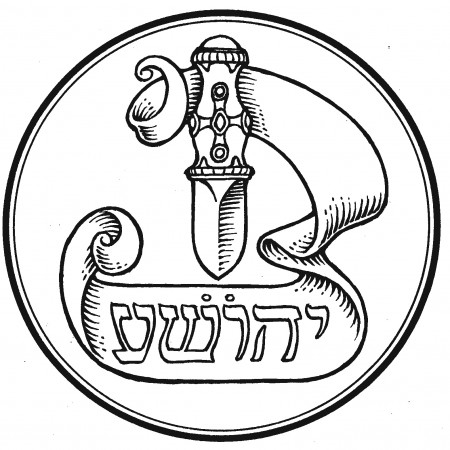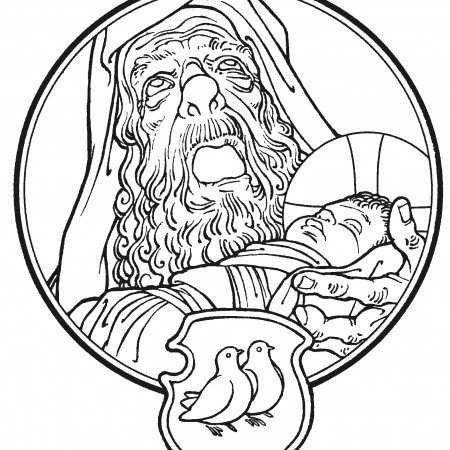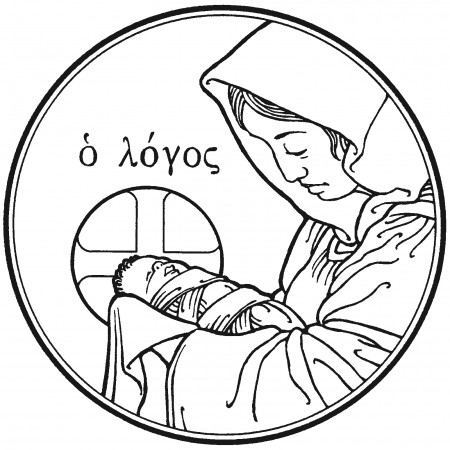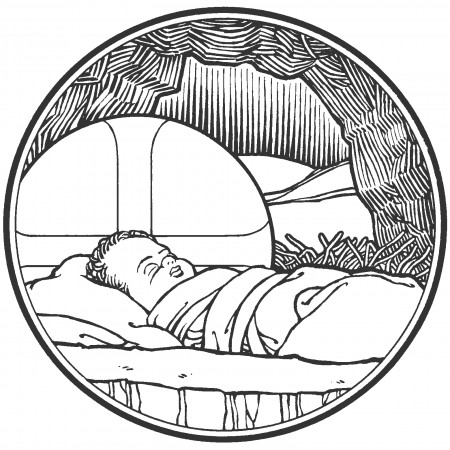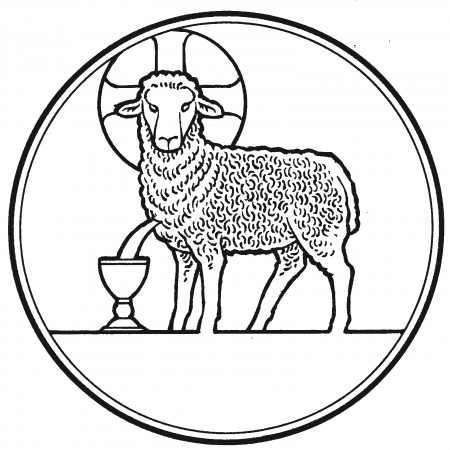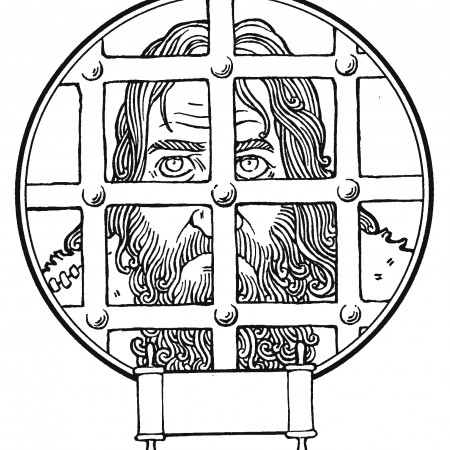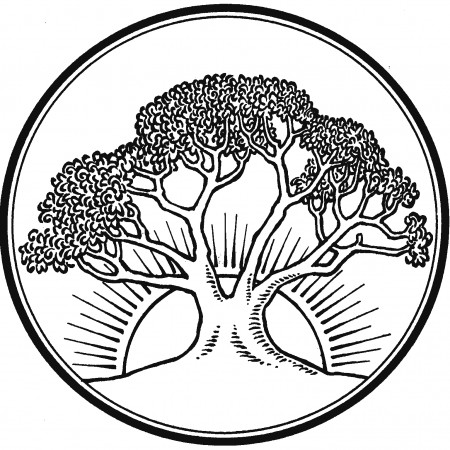To have no wine at the wedding feast, then, was not to have the blessing of God. To have no wine is to have the bride and groom about to begin a new life together without the sign that blesses this new life. To have no wine is in essence not to have God present at the wedding. For only God can bless and give new life as the author and giver of them both.
Sermons by Rev. Jason M. Braaten (Page 52)
Despite his illness, the Lord remembers him. The Lord remembers His promises. The covenant He made with him at His Baptism. The promise God made to Him in His Word, in having received the very Body and Blood of Jesus.
It is true also for you. Do not mourn as those who have no hope. What God takes away, God restores. “Your children shall come back from the land of the enemy. There is hope in your future. Your children shall come back to their own border.” Yes, there is sadness now. Your mourning is just. You are a victim in many ways. And our sins, both the things we do wrong and the sin we have inherited from Adam, have awful consequences. David loses the son by Bathsheba. Stephen is stoned by those he loves. But we do not mourn as those who have no hope. We have hope. Jesus Christ did not stay in Egypt. He came out of the land of slavery. He crossed the Jordan with the sign of the Dove and the opening of heaven. He went to the cross. He rose from the dead.
So if there be any resolutions among us, let us resolve to know nothing but Christ and Him crucified for our salvation. For Christ resolved to know nothing other for you.
And yet, no matter how unsatisfied, how frustrated or tired you might be, no matter how deeply your own heart is pierced: Jesus was born of Mary. He laid down His life under Pilate. He struck the guards dumb on Sunday when He rose. Life on this side of glory is not as it should be. Our joy, like Mary’s, is always tempered by the curse. Husbands should always love their wives. Parents should always remember their children. So should friends and neighbors and bosses. But they don’t. And yet, no matter how much life has failed you, friends betrayed you, your own flesh abased and shamed you: Jesus was born of Mary. He laid down His life under Pilate. He struck the guards dumb on Sunday when He rose!
This is the whole point. This is the reason for the season. It’s not just about Jesus. It’s about Jesus born for us to redeem us from death and hell, to save us from our sin. You are His reason for the season.
The eve of the Lord’s nativity, it is a night attack, a first-century Kristallnacht, but smaller. This invasion comes to seize that most pagan of strongholds. It comes to lighten the darkness of our hearts, which makes both God and idol. It comes with something more terrible than deception because it makes its enemy more vulnerable. It comes with light and with love.
Rejoice. For the Lord is at hand. Our joy, like St. Paul’s, is not weakness or sentimentality, but a deep joy that carries and moves us to both laughter and tears. It is the earthly working out of what we possess now by faith and what shall be ours on the Last Day in reality, when we see Him face to face.
The Lord has not forgotten about you either. He knows that you wait. He knows that you patiently endure. He sees how dark and dreary, cold and damp it is, the toll that the doldrums of a rainy December can take for those with haunting pasts and uncertain futures. He sees your sadness and knows your heartache. He understands your fears and feels your loneliness. He hears your prayers and listens to your cries. And He is not silent. He answers. But to hear it you must be silent. You must listen and look. You must wait and watch.
He tells us these things so that we will be ready. And not just ready, but eagerly awaiting and expecting it. That we will long and yearn for it, the way that children long to grow up, the way that children long for Christmas morning to come and stay awake watching and looking for it, so that when it happens, when that day comes and the Son of Man is seen descending upon the clouds, we will stand up and lift up our heads to see our redemption.
